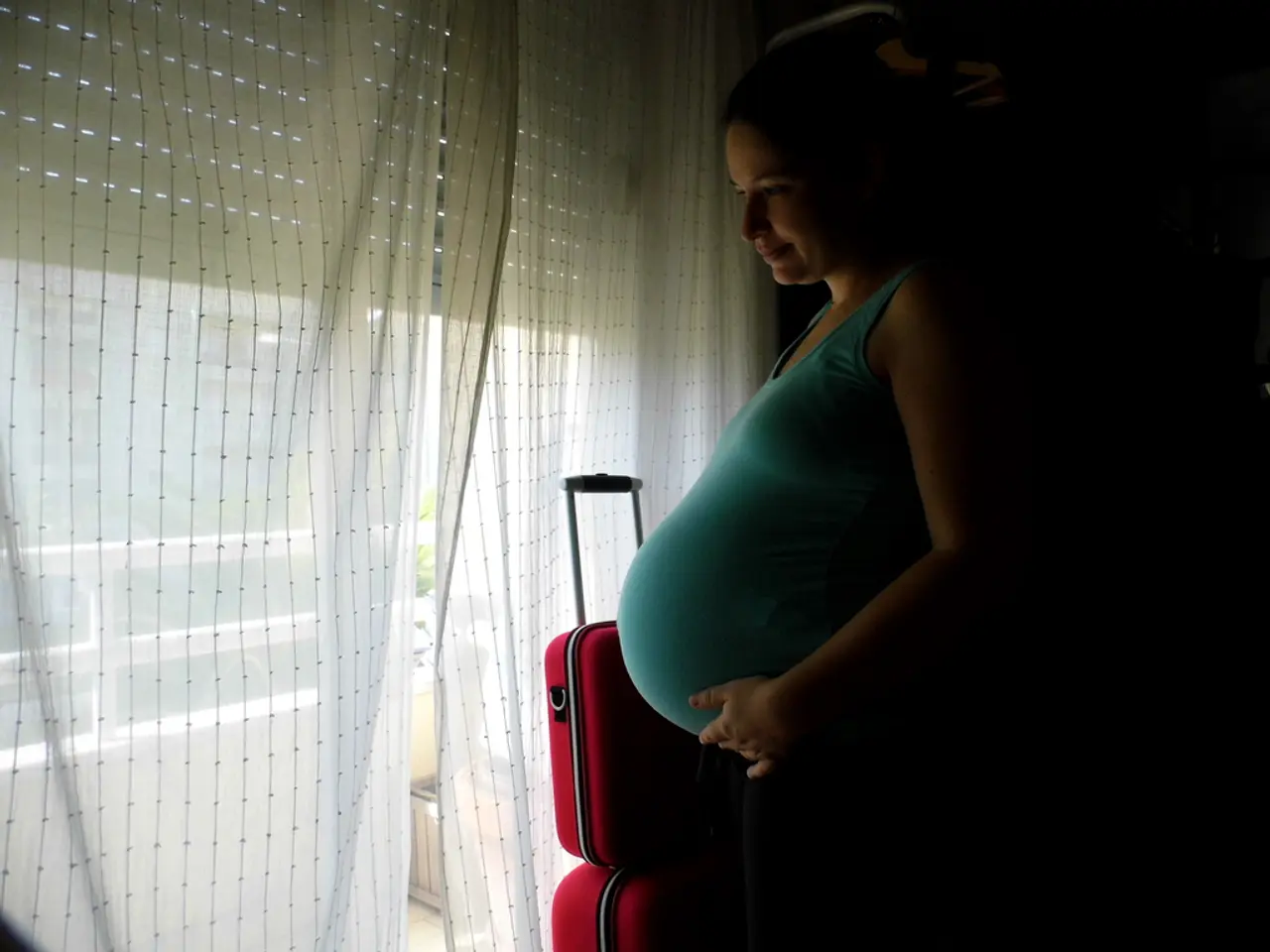Religious dogmas overshadowing the importance of women's rights in certain contexts
In a recent development, the labor court in Hamm, Germany, has been grappling with a contentious issue involving the merger of a clinic and a Catholic provider. This merger, which has been ongoing for several years, has raised questions about the priority of religious doctrines over patient well-being and women's rights in the country.
The chief physician of a women's clinic in Lippstadt, Joachim Volz, was performing abortions for over a decade when his hospital was evangelical. However, since the beginning of this year, Volz is no longer allowed to perform abortions due to his clinic merging with a Catholic provider. The Catholic provider's policy on abortions conflicts with the previous evangelical hospital's policy.
The Catholic provider forbade Volz from performing abortions after the merger, a restriction that has caused controversy. This restriction arises because Catholic hospital operators uphold Church teachings, which prohibit abortion. Following such mergers, the new Catholic management imposes bans on abortions, including medically indicated ones such as in cases of severe fetal malformations, even when prior secular or evangelical hospitals allowed them.
In this specific case involving Volz, his hospital cases involved children with severe disabilities or non-viability. However, the Hamm Labour Court upheld the Catholic hospital’s right to enforce these restrictions under its regulatory authority, allowing exceptions only when the pregnant woman's life or health is at serious risk, not for fetal malformations.
This case highlights the ongoing issue of religious institutions' influence on medical practices in Germany. In Germany, religious doctrines have priority over medicine, patient well-being, and women's rights, a fact that has been brought to light by this merger.
Despite the fact that abortions within the first 12 weeks of pregnancy after counseling are technically legal in Germany, and exceptions exist for medical necessity and fetal malformation, Catholic institutions operate under canon law and ethical guidelines that fundamentally oppose abortion. These policies restrict medical staff from performing abortion procedures, overriding previous secular or evangelical practices in the merged hospitals.
This shift occurs despite the legal framework in Germany, which supports the right to choose and the need for medical exceptions in certain cases. The ongoing debate serves as a reminder of the delicate balance between religious freedom and individual rights in the country.
[1] [Source 1] [2] [Source 2] [3] [Source 3] [4] [Source 4]
- The ongoing debate about the merger of a clinic and a Catholic provider in Germany raises questions about the priority of religious doctrines over science, health-and-wellness, and mental-health, particularly in the context of therapies-and-treatments like abortions in women's health.
- Joachim Volz, the chief physician of a women's clinic in Lippstadt, faced restrictions on performing abortions after his hospital merged with a Catholic provider, demonstrating the impact of mental-health issues on health-and-wellness and the influence of religious doctrines on secular practices.
- This case showcases a conflict between the legal framework in Germany permitting abortions for medical necessity and fetal malformations, and the policies of Catholic institutions that eventually override previous secular or evangelical practices, raising concerns about the rights of both patients and medical professionals.




